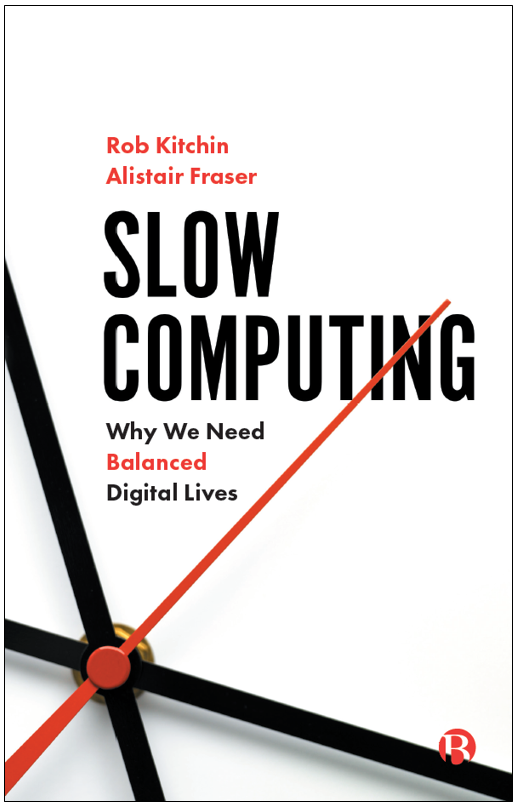A new ProgCity working paper (46) – Urban data power: capitalism, governance, ethics and justice – has been published. Download PDF
This working paper is a pre-print of Kitchin, R. (in press) Urban data power: capitalism, governance, ethics and justice. In Söderström, O. and Datta, A. (eds) Data Power in Action: Urban Data Politics in Times of Crisis. Bristol University Press.
Abstract
Urban big data systems are thoroughly infused with data power and data politics. These systems mobilise data power as a means to deepen the interests of states and their ability to manage urban life, and companies and their capacity to create and capture new markets and accumulate profit. Data power is thus deeply imbricated into the workings and reproduction of political economies, its deployment justified as a necessary means to tackle various urban crises and sustain growth. The paper details how data power is being claimed and exerted through the logics and practices of data capitalism, particularly with respect to urban platforms, and how data-driven systems are shifting the nature of governmentality and governance, enacting new, stronger forms of data power, as well as transferring some aspects of municipal government and service delivery to companies. The final section considers how data power can be resisted and reconfigured through an engagement with the ideas of data ethics, data justice, data sovereignty, and the practices of data activism.
Key words: urban data, smart city, capitalism, governance, governmentality, data ethics, data justice, data sovereignty

